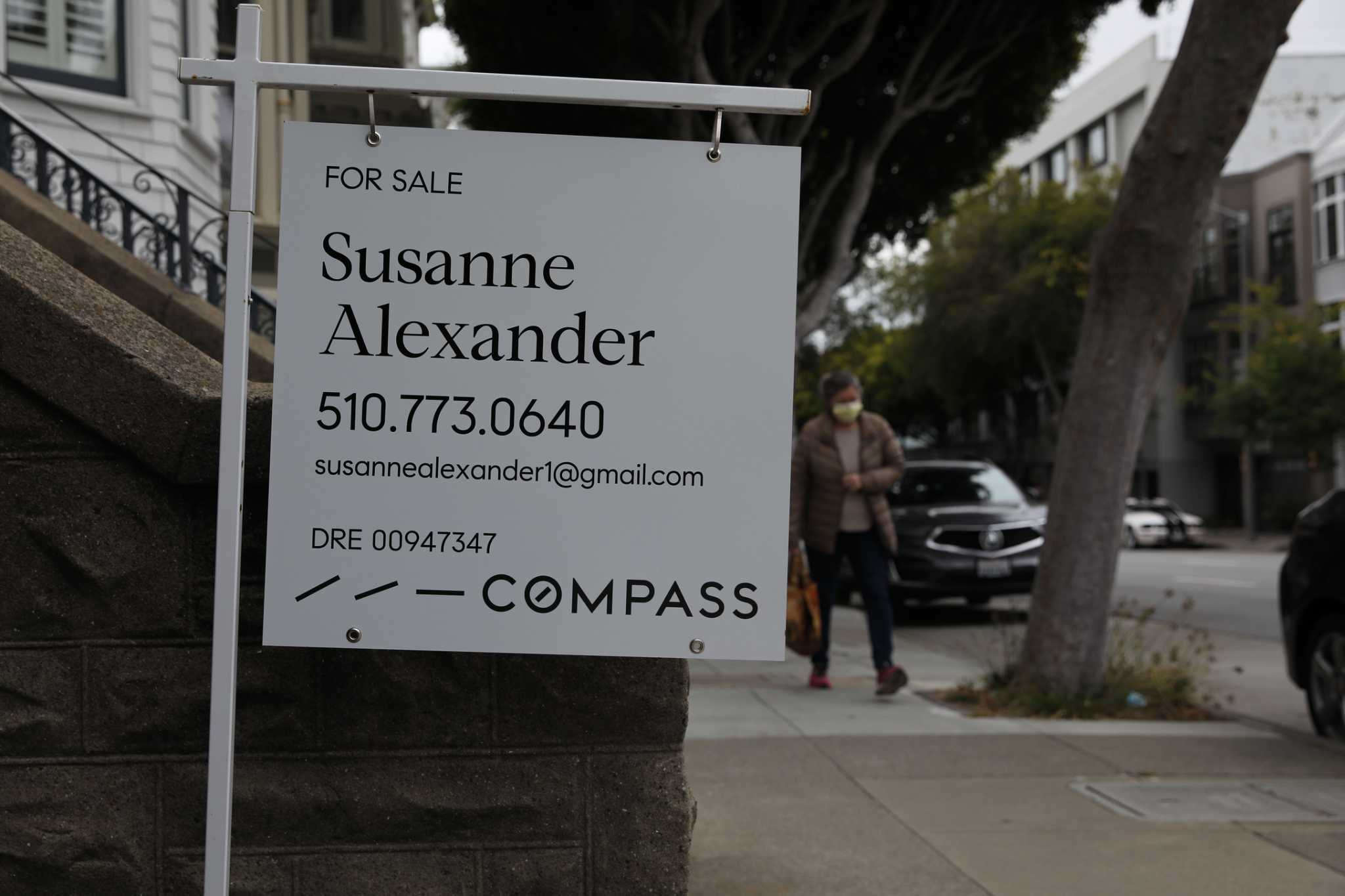Why the Bay Area's Top Real Estate Firm Is Locking Horns With Zillow

A conflict has arisen between the biggest residential real estate agency in the Bay Area and an internet platform. real estate A giant player could influence how buyers look for homes — and potentially even determine which listings they can access.
The prolonged conflict between Compass and the online real estate platform Zillow has intensified recently, which might restrict sellers' choices when deciding where and how to promote their property.
The heart of the issue lies with how brokerages handle "pocket listings," which refer to privately marketed properties. Although such transactions aren’t novel, Compass introduced a scheme towards the end of last year that enables sellers to slowly move their listings from being entirely private to becoming publicly available.
Participants who enroll in this initiative initiate their properties under the "Private Exclusive" stage, indicating that these listings will be accessible exclusively among Compass real estate professionals; however, they may also be disclosed to certain agents affiliated with competing agencies. Subsequently, these listings progress to the "Coming Soon" category, where they become observable to all visitors browsing through Compass' web platform, prior to ultimately reaching full exposure across various brokerage networks and digital channels.
Kevin Patsel, leading the company’s efforts in Northern California, mentioned that this initiative, referred to as "A Three-Phased Marketing Approach" by Compass, assists both purchasers and vendors. This strategy enables sellers to gently introduce their properties to the market at first with a preliminary pricing among fewer prospective buyers prior to full public exposure.
Since purchasers cannot view confidential price adjustments or know how long a property has been privately listed, the firm contends this provides sellers with more leeway as they ready their home for public showing. Additionally, the company notes that buyers looking at Compass' exclusive listings encounter reduced competition for these properties, enabling them to bypass bidding contests.
If you're considering a movie premiere, or the release of a new car, for instance, there's usually an anticipatory phase leading up to the event," explained Patsel. "It's essentially about generating ... excitement.
And, in certain instances, Compass' website This indicates that a seller could potentially locate a buyer eager to pay extra for prioritizing access before the majority enters the post-marketing phase. As per Compass, out of roughly 3,600 listings in Northern California recorded at the close of April, one-third were conducted privately. The bulk of these private listings were anticipated to transition into the open marketplace over time.
However, Compass’s detractors, led by Zillow, contend that this arrangement ultimately disadvantages both purchasers and vendors, essentially being a move by Compass — as reported by the San Francisco Business Times — to become the largest A brokerage in the Bay Area aims to dominate an increased number of home sales and commissions. According to Errol Samuelson, the Chief Industry Development Officer at Zillow, Zillow plans to prohibit listings that utilize Compass' staged marketing approach.
Recently, both Compass and Zillow have strengthened their commitment to their individual strategies, which might compel sellers to decide between Compass' adaptability and Zillow's visibility.
Zillow, whose business relies on providing real estate agents with leads in exchange for a fee, says Compass’ program throttles the amount of attention a listing would get if it were put on the open market from the start, losing sellers money. Buyers, the company adds, are prevented from seeing a slice of the market unless they agree to work with Compass, privileging those who already have real estate connections.
You can understand why a brokerage might opt for this approach, but does it truly benefit both the seller and the buyer?" asked Samuelson. "In our opinion, it doesn’t.
So far, none of the significant brokerage firms in the Bay Area seem to have aligned with Compass, where the CEO and founder Robert Reffkin has been progressively moving forward. critical From Zillow and the National Association of Realtors, which mandates that the majority of the country’s real estate agents must share details regarding their publicly listed properties with other brokerages. The organization chose not to provide comments.
Zillow and Redfin have stated they will refrain from publishing any listings that were exclusively promoted to a select group of buyers, whether via social media or yard signs, unless these listings are submitted to the local Multiple Listing Service, an industry database for real estate, within 24 hours. This policy applies even to Compass' "Private Exclusive" listings, as mentioned by Samuelson; however, Compass appears to have differing views on this matter. indicate It only pertains to their "Coming Soon" listings, typically made public within 24 hours.
Nevertheless, this restriction implies that vendors who wish to attract more attention for their property via platforms like Zillow or Redfin might need to reconsider fully committing to Compass — an acknowledgment made by the brokerage itself. Vendors opting for its staged marketing approach are required to sign an agreement. form This warns that taking such action might decrease the pool of possible buyers, leading to a lower ultimate sale price.
However, Compass has positioned itself as somewhat of a different kind of marketplace. announcing This week, it began offering its exclusive listings to agents who visit one of its offices, addressing concerns that its new initiative was driven by an interest in retaining both the seller’s and buyer’s commissions.
Patsel, an executive at Compass, mentioned that the firm's listings would have inevitably appeared on Zillow once they became publicly available — though this wouldn't be until after Compass' own clientele had viewed them. Additionally, he stated that he does not think being excluded from Zillow will negatively impact a property’s sale prospects, as numerous other platforms will advertise these listings instead.
“He mentioned that Zillow is essentially setting the standards for how the industry operates.”
0 Response to "Why the Bay Area's Top Real Estate Firm Is Locking Horns With Zillow"
Post a Comment